Preferring green and environmentally friendly spaces is the resort trend of today's tourists. (Illustration photo: Mai Mai/Vietnam+)
This is one of the main contents of the Resolution regulating measures to reduce plastic emissions in the area, implemented according to Point d, Clause 2, Article 28 of the amended Law on the Capital City, which was just voted and approved by 100% of delegates attending the 25th session of the Hanoi People's Council, term XVI, on July 10. In particular, the Resolution stipulates a series of measures to reduce plastic waste in production, business, services and daily life in the city.
From January 1, 2027, markets and convenience stores will no longer be able to provide non-biodegradable plastic bags for free. From January 1, 2028, these establishments must completely stop circulating and using non-biodegradable plastic bags (including non-biodegradable plastic bags, foam plastic boxes for packaging and food storage), except for packaging goods.
Online retailers are responsible for reducing the use of plastic packaging and plastic shockproof materials or for collecting plastic packaging and shockproof materials so that they do not escape into the environment.
Electric cars take tourists around Hoan Kiem Lake. (Photo: Van Chi/VNA)
The Resolution also clearly states that from January 1, 2031, production and import of single-use plastic products will be stopped (except for products certified with the Vietnamese eco-label).
Units, agencies and organizations under the city government are required not to use disposable plastic products and hard-to-decompose plastic packaging in daily activities, especially when in contact with and containing food.
It can be said that this Resolution has officially laid the foundation for Hanoi's determination to develop a sustainable green urban area.
However, for businesses to be truly “green”, the destination will be free of single-use plastic waste, which will be a big challenge. The “problem” of changing people’s thinking, awareness and behavior, and businesses will face difficulties on the path to participating in the circular economy . Because to have green products, green businesses, and green life requires large investments of costs and resources.
“One of the biggest barriers is the lack of resources to implement green transformation on the journey to zero plastic waste. Because as we all know, in serving tourists, we have to use a lot of items, materials, and many utensils made from plastic, and if we convert, we will have to replace everything,” said Mr. Vu Quoc Tri, General Secretary of the Vietnam Tourism Association.
Tourists experience a resort that says no to single-use plastic products in Hanoi. (Illustration photo: Mai Mai/Vietnam+)
According to Mr. Tri, to be able to transform: “First of all, we need financial resources. In this context, tourism businesses are facing some difficulties. Because the nature of tourism businesses is mostly small and medium, even micro-small with only a few employees. But to survive in today's increasingly competitive environment, making new investments is really difficult for them.”
Besides, the expert said that the issue of policies and management mechanisms at a destination that are fair and encourage those who make good green transformation is also a difficulty that needs to be solved./.
According to VNA
Source: https://baothanhhoa.vn/ha-noi-tien-toi-xanh-ben-vung-cam-khach-san-dung-san-pham-nhua-mot-lan-254586.htm


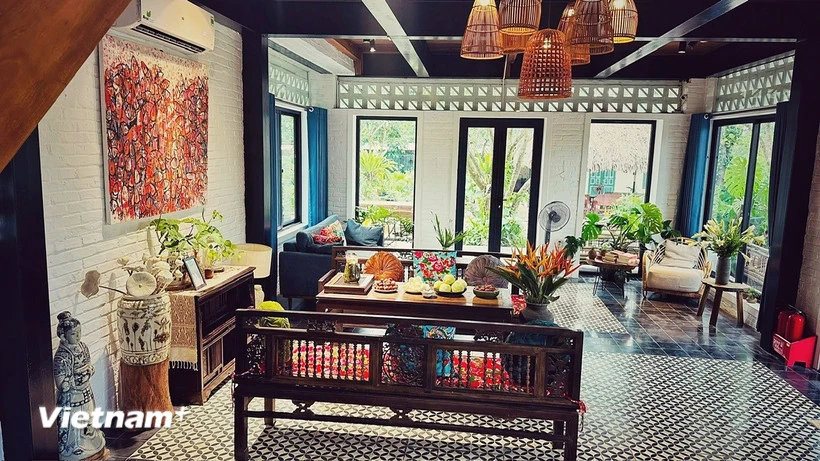
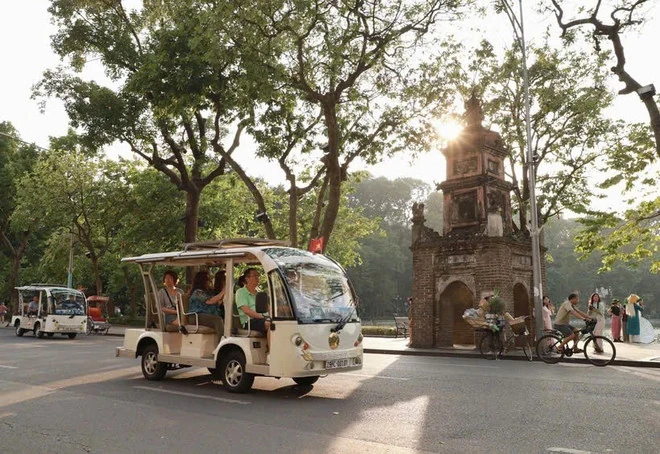
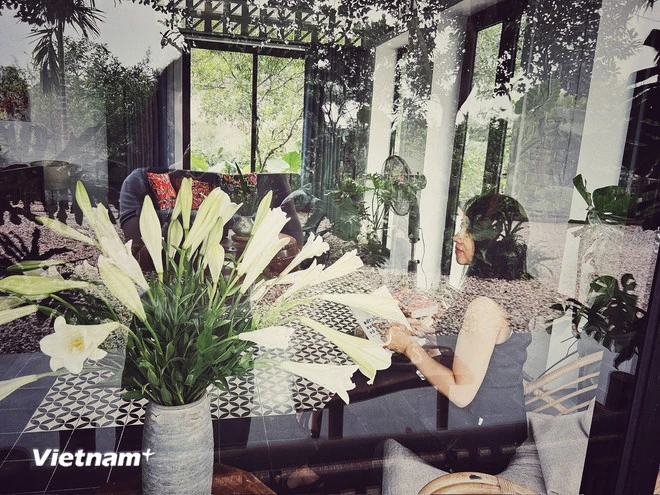
![[Infographic] Notable numbers after 3 months of "reorganizing the country"](https://vphoto.vietnam.vn/thumb/1200x675/vietnam/resource/IMAGE/2025/10/4/ce8bb72c722348e09e942d04f0dd9729)


![[Photo] Students of Binh Minh Primary School enjoy the full moon festival, receiving the joys of childhood](https://vphoto.vietnam.vn/thumb/1200x675/vietnam/resource/IMAGE/2025/10/3/8cf8abef22fe4471be400a818912cb85)


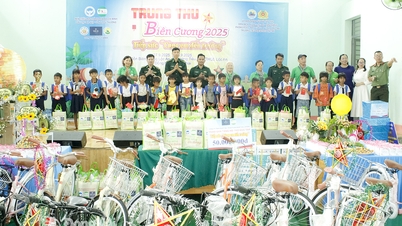





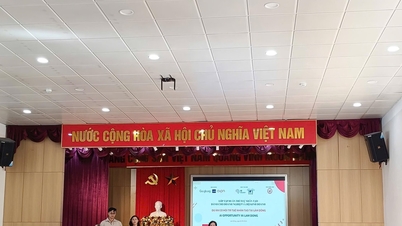

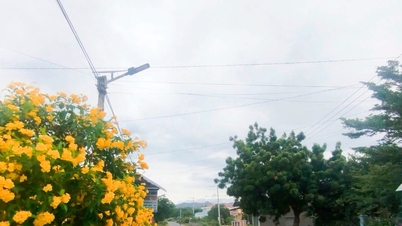


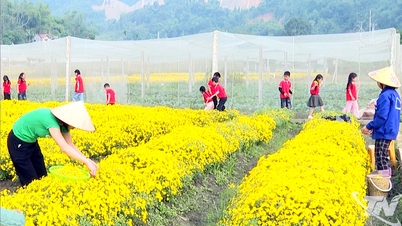

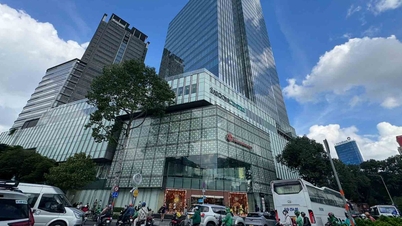



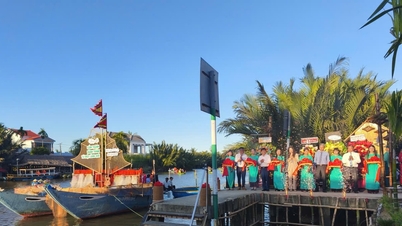

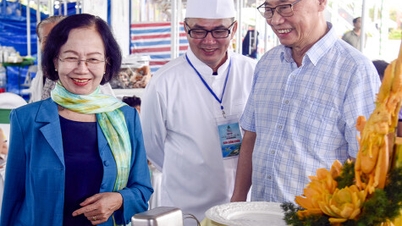

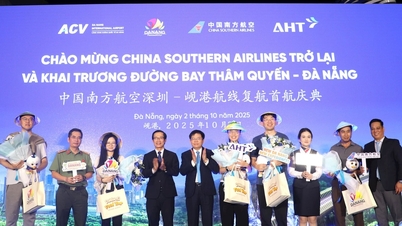











![[Photo] Prime Minister Pham Minh Chinh chairs meeting to deploy overcoming consequences of storm No. 10](https://vphoto.vietnam.vn/thumb/1200x675/vietnam/resource/IMAGE/2025/10/3/544f420dcc844463898fcbef46247d16)



























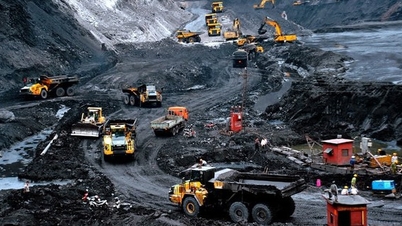


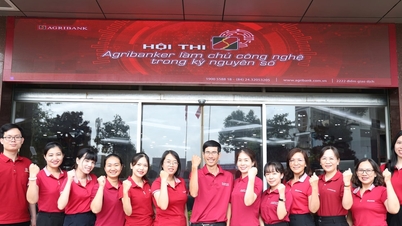
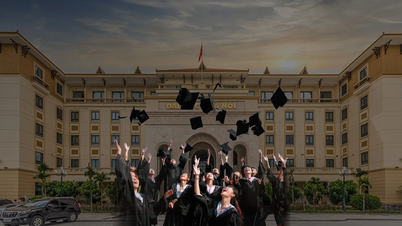
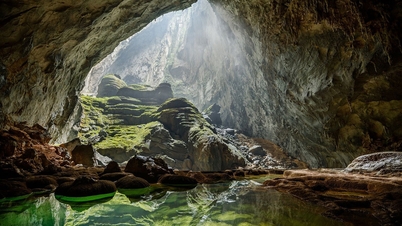

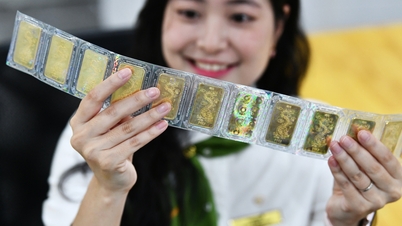
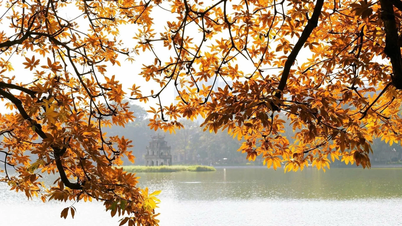
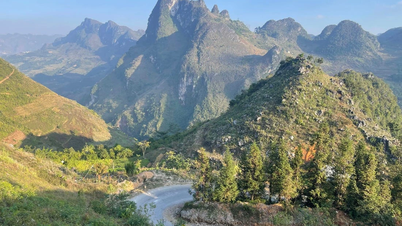


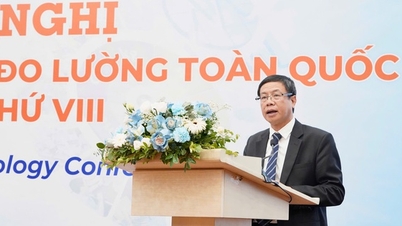



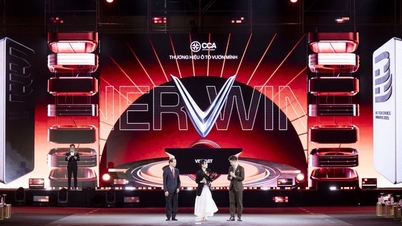
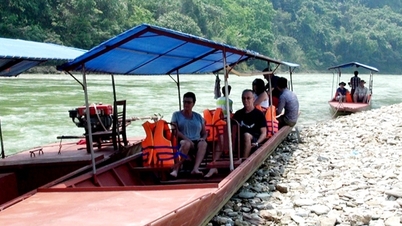





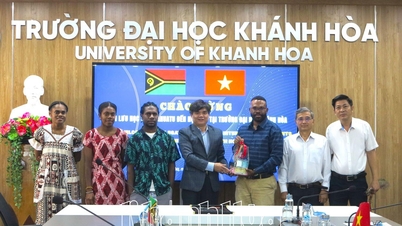

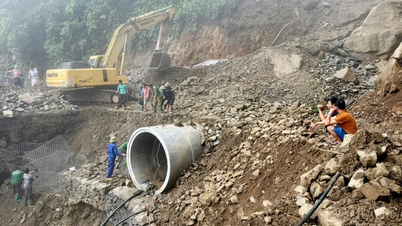

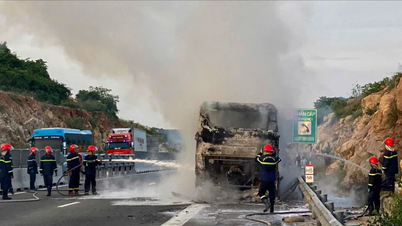
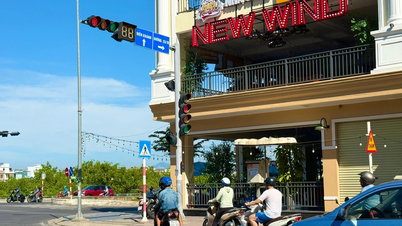













Comment (0)